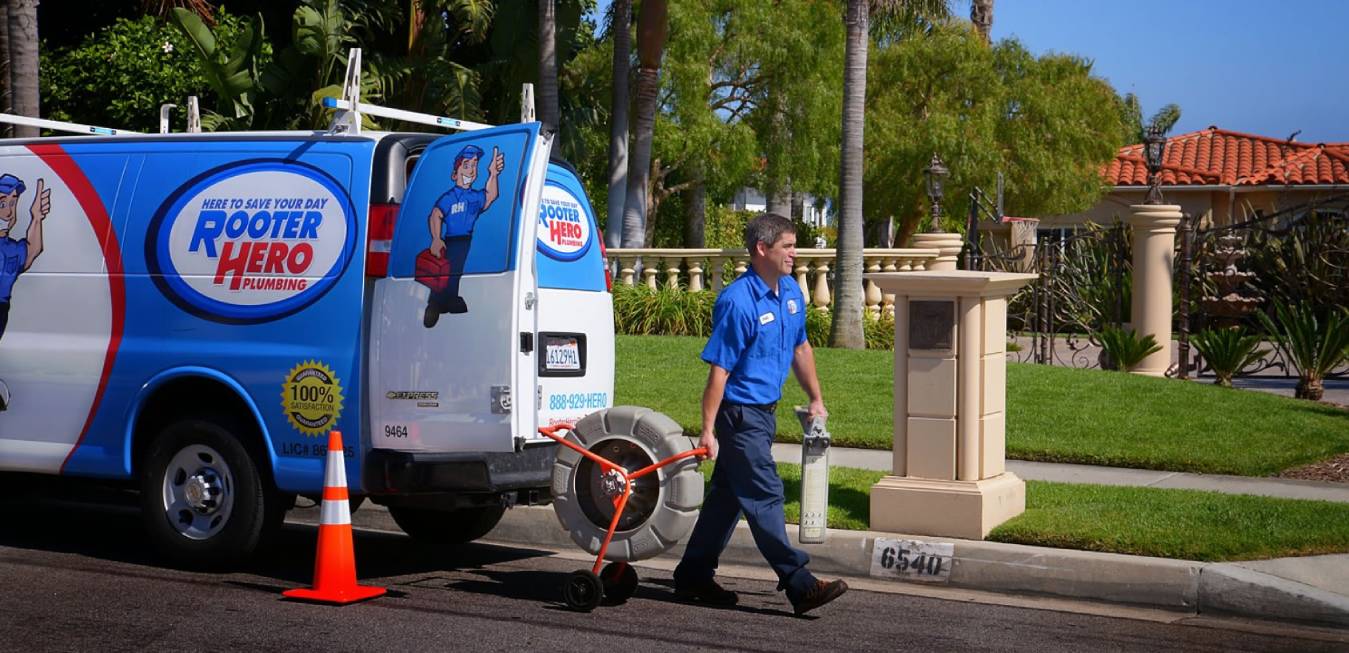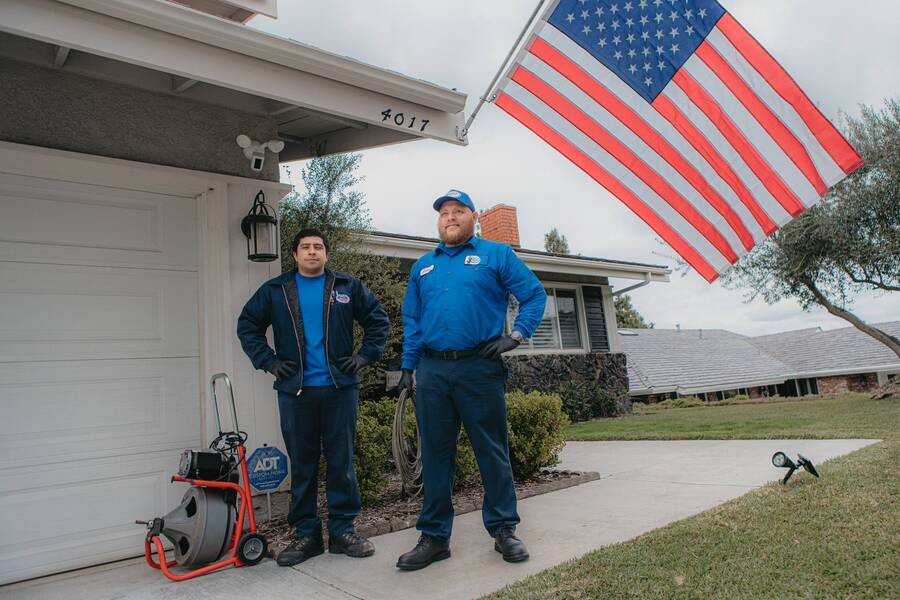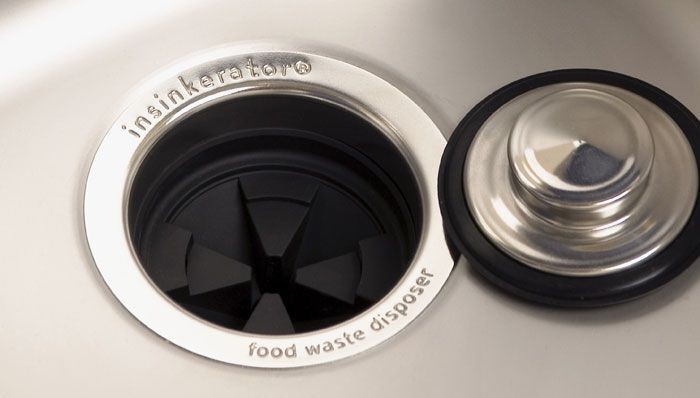
Tips for Preventing Frozen Pipes this Winter
If the weather outside is frightful, a fire may not be enough to keep your home a delightful place to live. As you tune the thermostat to compensate for the falling temperatures in December and January, it’s easy to forget that the living areas aren’t the only places in your house that need temperature control. Basements, crawl spaces and other remote spaces of the home may be almost as cold as the air outside. Unfortunately, many important pipes and plumbing components are stored in these areas. While a little bit of cool air won’t do much harm, temperatures below the freezing point can have disastrous effects on your plumbing system. Water expands in volume as it freezes, so pipes and tanks can crack or burst completely when the temperature is low enough. Even hard metal and concrete gives way to this natural force.
Easy Ways to Stop the Frost from Breaking your Plumbing
1. Drain exposed water lines As you may have guessed, the most vulnerable parts of your plumbing are the components outside the building. Protect drain hose connections and other exposed pipes by shutting off the supply valve and running the faucet until the flow ebbs. Remove and drain all hoses before storing them. 2. Prepare for long vacations or trips If the structure will be vacant for an extended period of time during the winter, you can take the precaution of shutting off the water supply throughout the home. Closing the main valve limits the risk of flooding while the building is empty. Drain water heaters before turning them off to prevent damage to the appliance. 3. Insulate vulnerable areas It’s a good idea to poke around your home to find all the areas that contain important pipes and components of your system. Take note of the spaces that might fall to sub-freezing temperatures in your climate. Wrap all vulnerable pipes with a layer of tube insulation to help keep them warm, or consider insulating the entire crawl space or basement. 4. Leave faucets dripping While this may seem like a waste of water, it can help you avoid a much larger loss from a pipe burst. Leaving sink and tub faucets on a steady drip during the night keeps the water moving through the lines, so it doesn’t have time to sit and freeze. 5. Open the door or cabinet You also reduce the risk of frozen pipes by opening up the crawlspace door or cabinet to allow heat from the home to hit the water lines. This may result in higher energy consumption from your heater, but the little bit of extra cost could save you a lot of time and money in the days ahead. When in Doubt, Consult with a Plumbing Professional If you aren’t sure how to identify vulnerable areas of your plumbing system, talk to a local professional plumber. Many contractors can analyze your entire system and recommend strategies to avoid damage during the winter. Of course, you should also contact them if you are facing a burst pipe or other serious issue.






